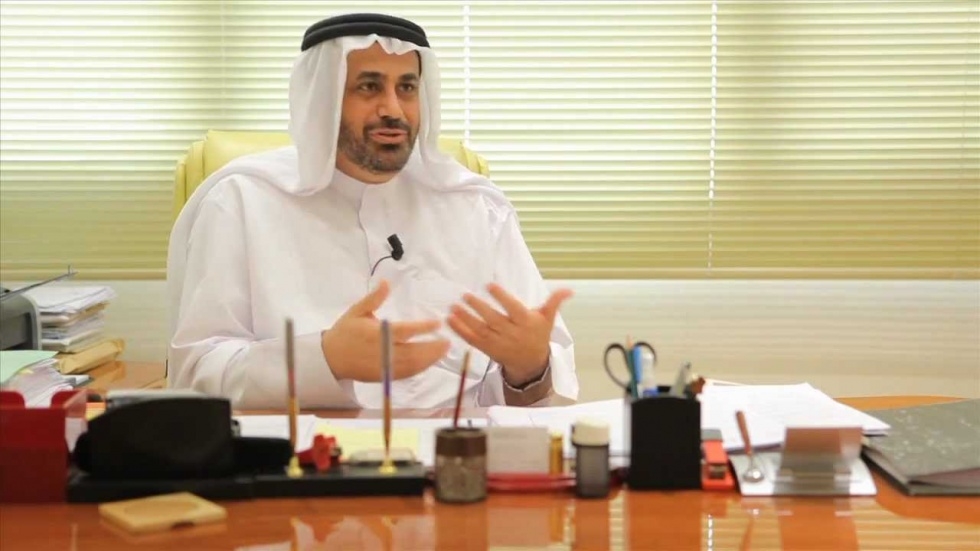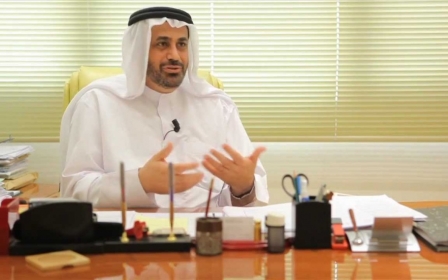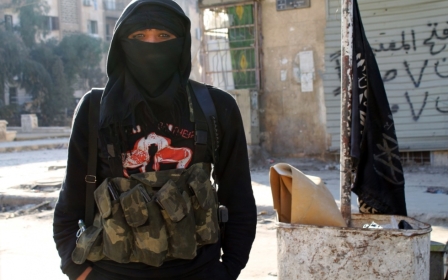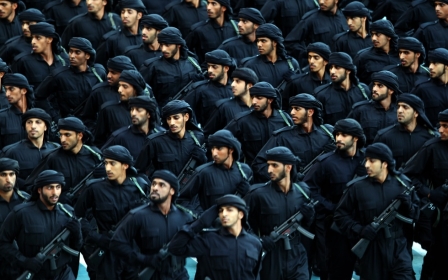Amnesty calls on UAE to release 'prisoners of conscience'

Amnesty International called for the release of Emirati “prisoners of conscience” on Wednesday, a year on from the UAE’s biggest ever political trial, when 69 men were jailed on charges of sedition.
The London-based group singled out nine of those convicted, which includes human-rights lawyers, academics and student leaders, calling for their release and saying they were convicted on the basis of their support for democratic reforms.
“The only reason these nine individuals are behind bars is because they dared to call for peaceful democratic reform, which seems off-limits in the UAE,” said Said Boumedhouha, deputy director for the Middle East and North Africa Programme at Amnesty International. “They are prisoners of conscience and they must be released immediately and unconditionally,” he added.
Sixty-nine of 94 defendants were convicted of “founding an organisation with intent to overthrow the government” on 2 July last year and sentenced to prison terms of between seven and 15 years. Many of the defendants are members of the Islah (Reform) organisation, which advocates for democratic reforms and authorities say is the UAE branch of the Muslim Brotherhood.
Human Rights Watch criticised the trial as a “mockery of justice” and urged the government to investigate what they described as “credible allegations of torture” against defendants. Emirati authorities have vociferously defended the trial process and dismissed as false allegations of torture.
The UAE is a federation of seven emirates each ruled by a royal family with the country's president Sheikh Khalifa bin Zayed al-Nahyan coming from Abu Dhabi. It has a nominal parliament, elected by a select number of citizens, that plays a purely advisory role in governance. Many of the defendants had called for the Federal National Council to become wholly responsible for the legislative process and to be elected by universal suffrage.
Activists decried alleged abuses against “political prisoners”, adding that their families had become targets for the authorities.
“The human rights situation has not improved at all, to the contrary, it’s deteriorating,” said Ahmed Mansoor, an Emirati human rights activist. “They not only received heavy and unjustified sentences, but they also became a target for mistreatment in prison, as well as their families, who have been banned from travelling and seen their children be refused enrolment at public schools.”
“It’s clear that this is a collective punishment against the detainees and their families, designed to break their will and have them regret adopting certain intellectual opinions – including asking for political reform and, for some of them, defending human rights in the UAE,” he added.
Mansoor says a number of other political activists have been arrested in recent months and accuses authorities of committing human rights and legal abuses.
“Since the trial ended we have seen many cases that follow the exact same steps as the UAE 94, which has included arbitrary arrest, incommunicado secret detention for many months and interrogation without the presence of a lawyer, ending with heavy prison sentences based on confessions that many claim were extracted under torture,” he said.
A number of individuals have been jailed for using social media to share support for the 69 men jailed last year, convicted of violating the country’s cybercrimes law, which bars online criticism of the state or its related institutions.
New MEE newsletter: Jerusalem Dispatch
Sign up to get the latest insights and analysis on Israel-Palestine, alongside Turkey Unpacked and other MEE newsletters
Middle East Eye delivers independent and unrivalled coverage and analysis of the Middle East, North Africa and beyond. To learn more about republishing this content and the associated fees, please fill out this form. More about MEE can be found here.




